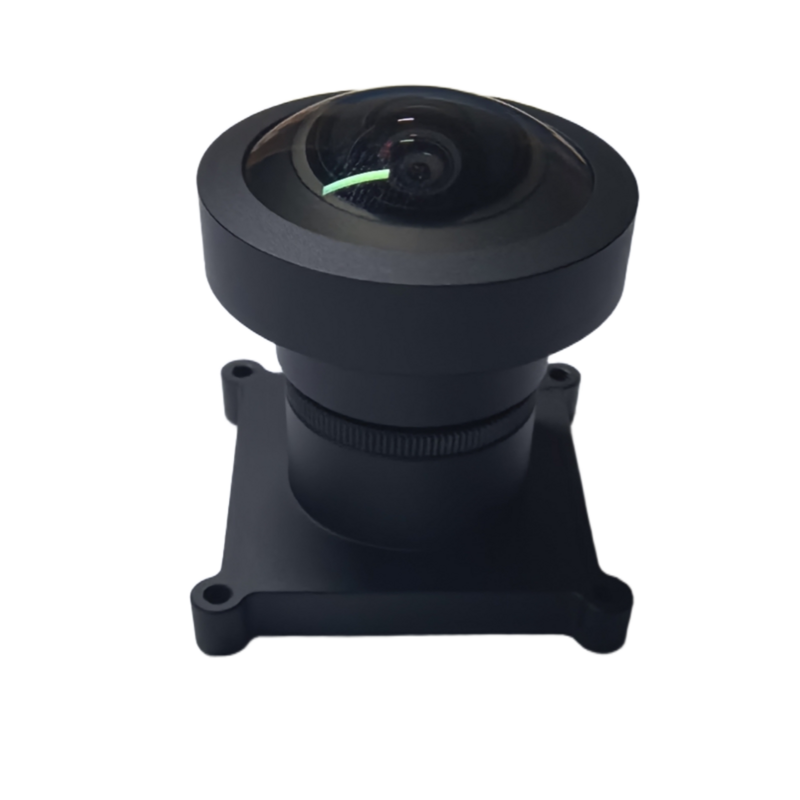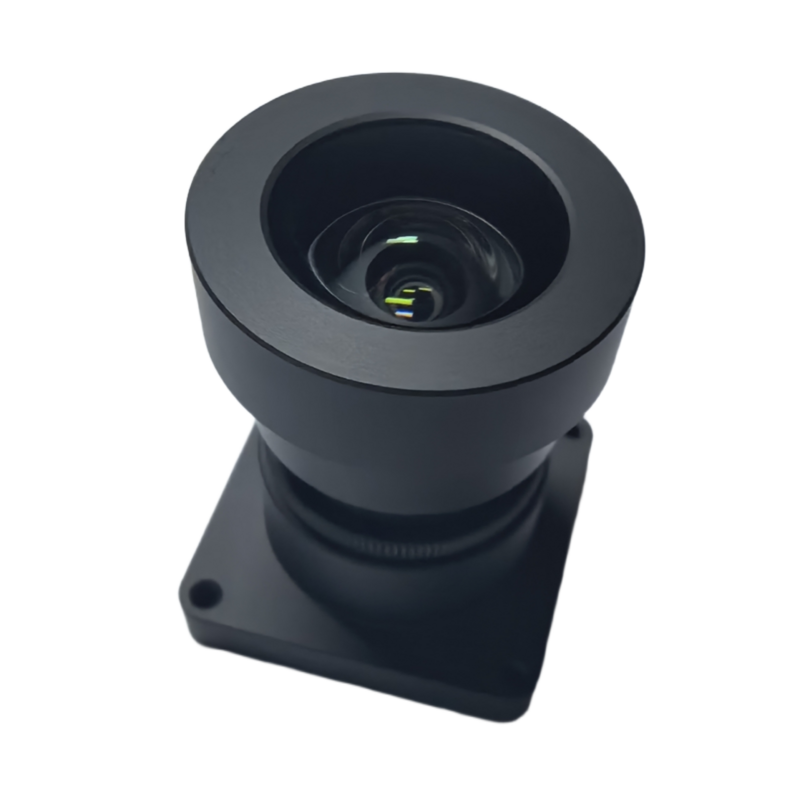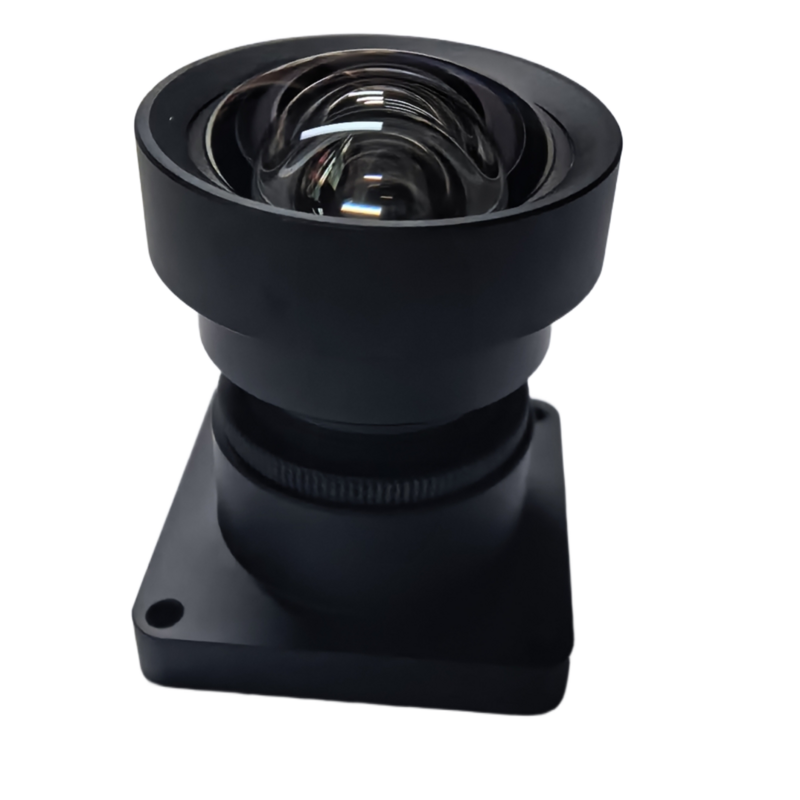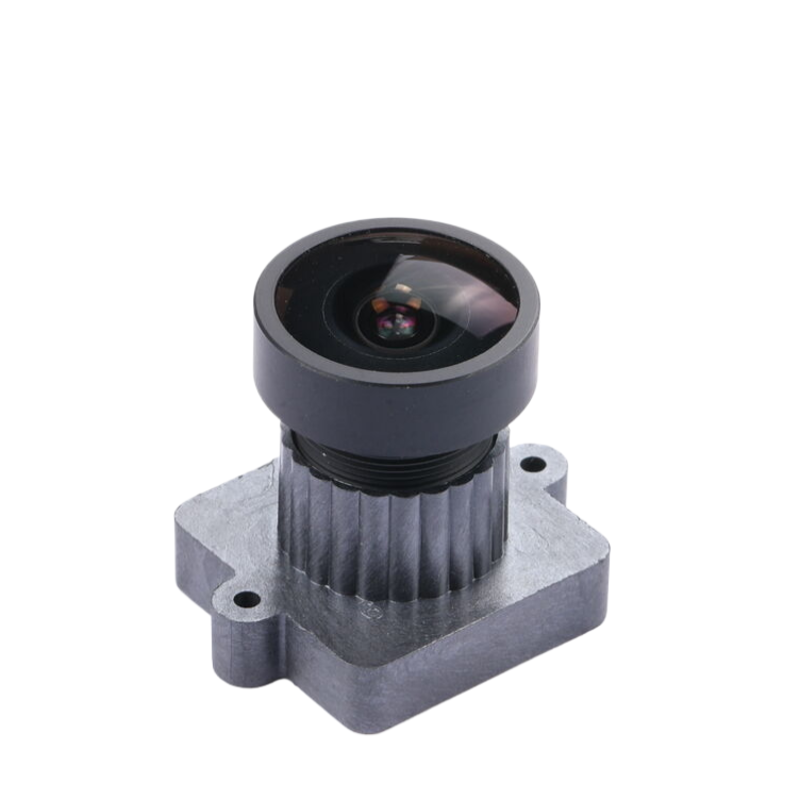Company News
Whether you're a professional or an amateur, capturing car video footage can be a challenging task. These videos are not only entertaining but useful as evidence in case of accidents or other incidents. To help you make the most out of your car video footage, we have compiled some practical tips below.
The Right Equipment
Investing in the right equipment is crucial for capturing high-quality car video footage. Here are a few essential items you should consider:
1. Dashcam
A dashcam is the core of capturing car video footage. Make sure to choose a reliable and high-resolution dashcam that suits your needs. It should have a wide-angle lens to cover a larger field of view, preferably 140 degrees or more.
2. Battery and Memory Cards
Ensure your dashcam has a reliable battery backup or connect it to a power source. Also, select high-capacity memory cards with fast writing speeds to avoid running out of storage during critical moments.
3. Mounting Accessories
To capture steady footage, secure your dashcam with a sturdy mount. Consider using a suction mount or adhesive tape to affix it to your windshield or dashboard properly.
Optimal Placement
The placement of your dashcam plays a vital role in the quality of the footage. Here's where you should ideally position your dashcam:
1. Mount on Windshield
Mount your dashcam in the center of your windshield, just behind the rearview mirror. This location provides an unobstructed view of the road, minimizing distractions.
2. Angling
Angle the dashcam slightly towards the driver's side. This helps in capturing important traffic activities, interactions with law enforcement officers, and clear footage of any incidents happening around your vehicle.
Capture Decisive Moments
When using your dashcam, it's important to capture crucial moments on the road. Here are some tips to keep in mind:
1. Keep the Camera Running
Leave your dashcam running at all times when you are driving. This ensures that you capture any incident that may occur unexpectedly.
2. Document all Incidents
In case of an accident or near-miss, be sure to document the incident completely. Start recording before the event and continue until it is safe to stop.
3. Keep the Lens Clean
Regularly clean the lens of your dashcam. A dirty lens can reduce the quality of your footage, making it difficult to identify important details.
Conclusion
Capturing car video footage is a valuable skill that requires the right equipment, optimal placement, and capturing decisive moments. By following these practical tips, you can ensure that you have clear and useful footage in case it is needed. Remember, safety should always be your primary focus while capturing video footage on the road.
 English
English  German
German Japanese
Japanese Korean
Korean Vietnamese
Vietnamese French
French Spanish
Spanish भारत
भारत



